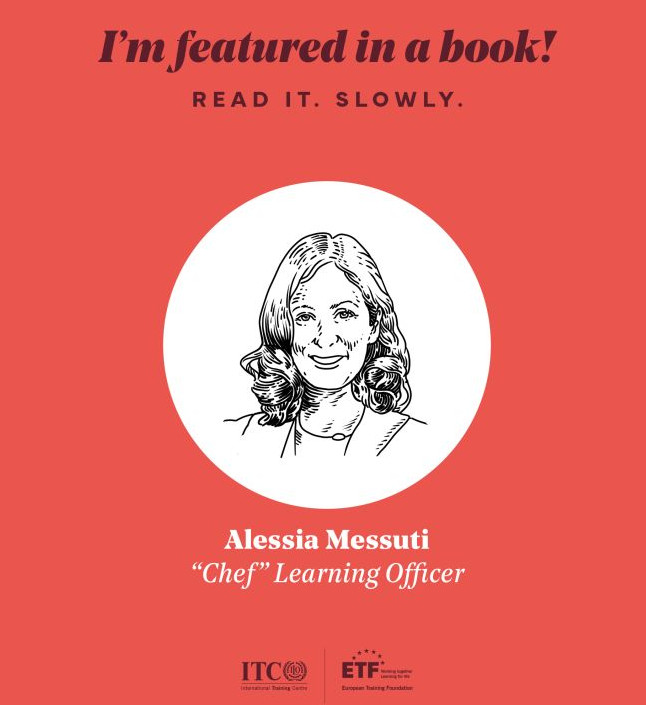What Does Slow Learning Mean to You?
We live in the age of information overload, ever-accelerating technologies and split-second learning. Citizens, learners and workers today are required to continuously reskill, upskill and newskill to keep up with this new pace.
The Slow Food movement paved the way for a good, clean, fair future of food. And now, we’re putting on the brakes to learn at this new tempo. It’s time to praise questions over answers. It’s time to value observations over evaluations. It’s time to prioritize self-reflection over criticism.
On 16 September 2022, ITCILO gathered a group of more than 15 curious learners, trainers and slow advocates to brainstorm what slowing down means for learning, and eventually write their own interpretations for a collaborative publication on slow learning in partnership with Posterheroes, a poster competition asking the creative community to visually express their vision of slow learning.
The collaborative book can be downloaded from the ITCILO website and features three sections:
Rewind: Bill of rights In this fast-forward society, rewind and look back on what was meaningful. Discover the 10 rights every learner holds to slow down and find meaning.
Pause: What does slow learning mean to you? Create space and breathe. Sometimes a pause is all it takes to recharge our batteries. 19 authors and artists paused to reflect on what slow learning means to them.
Play: Slow tools With renewed energy, we can play. We can create learning pathways, make meaningful connections, and, finally, grow. Find 10 ways to experiment with slow learning.

What is the link between tomato sauce and #slow #learning?
Being a #training professional from #Italy, I often find myself reflecting on how similar #cooking and #designing, #eating and #learning are.
Read below my personal contribution:
"Homemade tomato sauce must cook for a long time"
On Sunday mornings, in my grandmother's kitchen there was always the intense smell of tomato sauce, rich in basil and homemade with real tomatoes.
I still seem to hear her saying, "Il vero sugo deve pippiare" – homemade tomato sauce must bubble.
Pippiare, a term from Southern Italy, means to bubble, blip or to cook for a long time but also to think. Tomato sauce, to be good, must cook long, slowly, "puffing," one bubble at a time, unhurried, with an odor that, as time passes, spreads throughout the house and fills the air with a familiar, reassuring scent.
Tomato sauce is a traditional dish that expresses patience and reflection.
As a training professional, I often find myself reflecting on how similar cooking and designing, eating and learning are.
Slow cooking brings out the flavor in foods. When you eat slowly, you digest better. And you also feel more satisfied with each meal.
Does time matter for learning?
Learning is an encounter with thoughts, to be done without hurry. The effectiveness and efficiency of any training not only depends on how resources are used and how many people are reached but on how much learning is retained in the long term.
It takes time to learn.
It takes good design to learn effectively.
